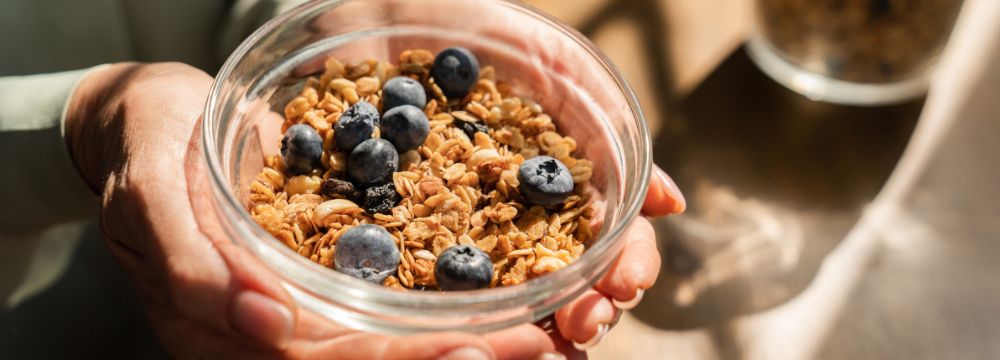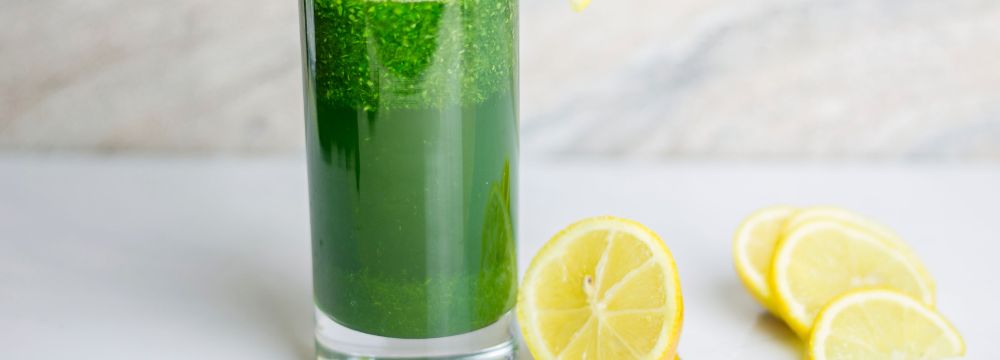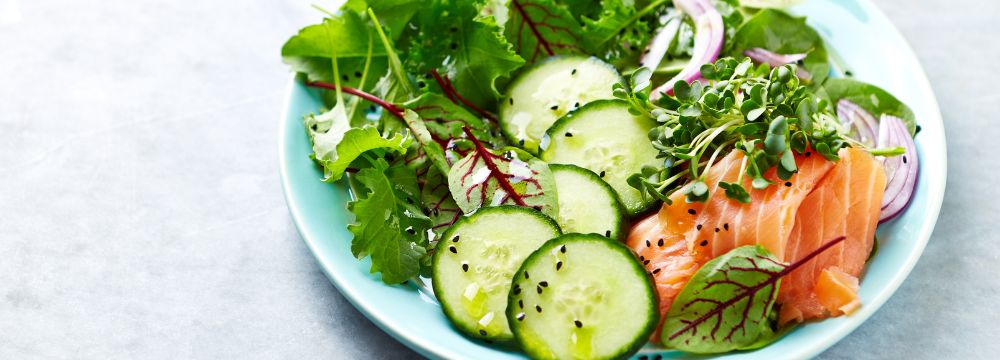Summarize what these labels mean?
There’s a lot of information about these different labels. These labels are regulated by the FDA and they all sound pretty similar, so it can be very confusing about what they all mean. No sugar added simply means that no sugar has been added during processing or packaging. Reduced sugar or less sugar, those terms are used interchangeably. Those terms refer to 25% less sugar in the product compared to the original product; whereas, sugar-free means that there’s less than 0.5 g in a serving of that food product.
What do they add to the [products] to make it taste better?
Right, so it kind of depends on the product. Some sugar is replaced with sugar substitutes or sugar alcohols. Those usually are low-calorie or non-caloric sweeteners, that add sweetness with minimal added sugar or with minimal calories added. So, those are sometimes replaced. Sometimes there are added natural sweeteners, such as honey, fruit juices and other things besides sugar or high fructose corn syrup, if they’re looking to reduce certain elements in that food product.
So, when we’re looking at this, should we just try to avoid sugar all together?
Right, yeah, and that’s where it gets kind of tricky is: Should we just avoid all of these products from the get-go? I think it’s definitely important to look deeper into the product to actually look at the nutrition facts label. That will give you a lot more information about what’s in that product. Also, look at the ingredients, if you can get a better idea of what’s in the food product that’s actually composing that. Some of them will, by reducing a certain nutrient, they’ll add more of another nutrient that maybe you don’t necessarily want. But certainly, with avoiding sugar all together, it just really depends on the product. It’s obviously recommended to reduce your intake of high concentrated sugars like sugary beverages, desserts, things that are very refined; such as you know white bread, white rice, white pasta and things like that, that are going to break down really easily in our bodies, aren’t going to keep us very full, aren’t going to give us a lot of nutritional value either. But certainly, when it comes to other carbohydrates, which is a macronutrient that breaks down into glucose and can raise our blood sugar, we want to be careful about that as well. But certainly, there are healthier carbohydrates like whole grains, fruits that give fiber and extra vitamins and minerals, certainly beans that have fiber and protein. So, it’s certainly good to look at what kind of products you want to limit and kind of make a decision based on that information.









